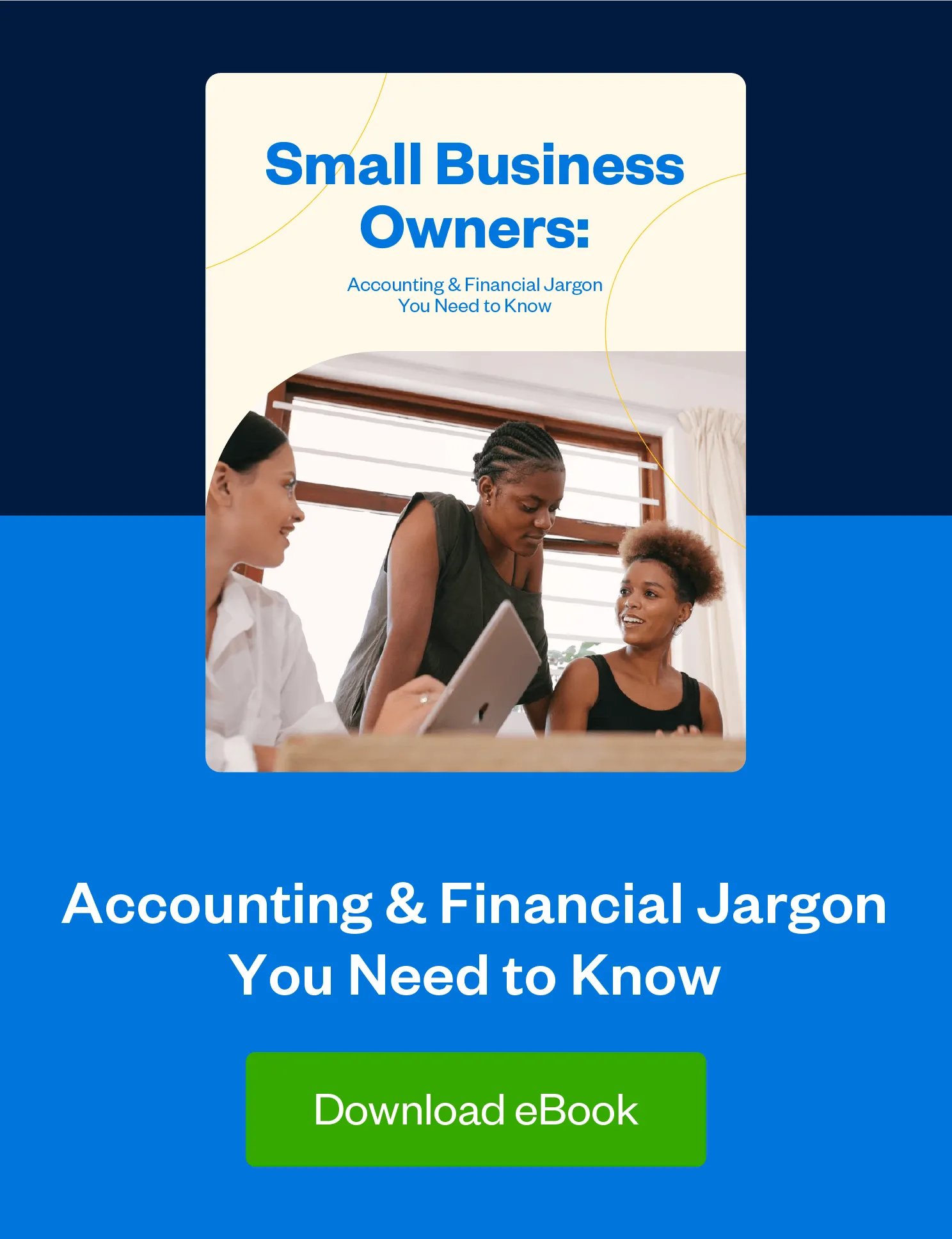Are you looking to lower the costs of running your business and save money at tax time? Look no further than UK corporation tax relief.

As the owner of a limited company in the United Kingdom, you’re entitled to claim corporation tax relief to reduce the amount of tax you pay to the government. Businesses of all sizes can file for tax relief as part of their annual filing process.
We’re breaking down everything you need to know about corporation tax relief, including:
- What is corporation tax?
- What are corporation tax reliefs?
- 9 tax reliefs you should know about
- Corporation tax relief during COVID-19
We’ll help you understand the power of tax relief and determine which type is right for your limited company when it’s time to pay tax.
- What Is Corporation Tax?
- What Are Corporation Tax Reliefs?
- 9 Corporation Tax Reliefs You Should Know About
- 1. Capital Allowances
- 2. Research & Development (R&D) Relief
- 3. The Patent Box
- 4. Reliefs for Creative Industries
- 5. Relief on Goodwill and Relevant Assets
- 6. Disincorporation Relief
- 7. Trading Losses
- 8. Terminal, Capital, and Property Income Losses
- 9. Marginal Relief
- Corporation Tax Relief For COVID-19
- Claim the Right Relief for Your Business
What Is Corporation Tax?
If you run a limited company, you’re legally obliged to pay corporation tax on the annual profits your company makes. This applies to your:
- Trading profits and earnings you’ve made from doing business
- Investments
- Selling assets such as land, property, shares, or machinery for chargeable gain
Foreign companies with a UK office, clubs, cooperatives, and other unincorporated associations also pay corporation tax.
You pay tax at a flat rate of 19% on your taxable profits. To work out your taxable profit, you’ll need to complete a company tax return (CT600) no later than 12 months after the end of your accounting period.
What Are Corporation Tax Reliefs?
Corporation tax reliefs and allowances can help you reduce your corporation tax bill. So it’s worth understanding what these are and how they work, so you can apply the right types of relief to your business. We’ve put together a list of 9 corporation tax reliefs you should know about.
9 Corporation Tax Reliefs You Should Know About
You can deduct the costs of running your business from your profits before tax when you prepare your company’s accounts. However, anything you or employees get personal use from counts as a benefit.
And some expenses aren’t allowed for corporation tax, such as entertaining your clients. You should add these costs back to your profits when preparing your company tax return and getting your corporation tax paid.
1. Capital Allowances
You can claim capital allowances when buying assets you keep and use for business purposes, such as:
- Equipment
- Machines
- Business vehicles including cars, lorries and vans
These are also known as plant and machinery.
2. Research & Development (R&D) Relief
R&D relief is for businesses that work on innovative projects in science and technology. If your company seeks to research or develop an advance in your field, you may be able to claim this relief. Even if you’re unsuccessful, you can still claim it.
You’ll need to show how:
- You’re looking to make an advance in science and technology
- Trying, or had to, overcome uncertainty
- Your project can’t be easily worked out by a professional in your field
You may be developing a new process, product, or service, or improving an existing one.
3. The Patent Box
The Patent Box is designed to help businesses keep and commercialise their intellectual property in the UK. Using it, you can apply a lower rate of corporation tax to the profits you earn from patented inventions.
You must elect into the Patent Box to apply the lower UK corporation tax rate, which is 10%.
You can use the Patent Box if your business:
- Is liable for corporation tax
- Makes a profit from exploiting patented inventions
- Owns or has exclusively licenced-in the patents
- Undertakes qualifying development in the patents
If you elected to the Patent Box after 30 June 2016, benefits are restricted if you:
- Incurred costs when getting the patents
- Paid connected parties for their R&D costs
4. Reliefs for Creative Industries
This is a group of 8 tax reliefs that allow businesses to increase their allowable expenditure. If your company makes a loss, you may be able to surrender this and convert it into a payable tax credit.
The 8 reliefs are:
- Film tax relief
- Animation tax relief
- High-end television tax relief
- Video games tax relief
- Children’s television tax relief
- Theatre tax relief
- Orchestra tax relief
- Museums and galleries exhibition tax relief
You can claim creative industries tax relief if your business operates in any of these 8 areas. You also need to be responsible for decision-making and paying for rights, goods, and services.
Your company must have responsibility throughout the development of the product, from pre-production until completion. And for theatrical productions, orchestral concerts, and exhibitions, your business must be responsible for producing, running, and closing the production.
5. Relief on Goodwill and Relevant Assets
You can claim relief on purchases made after 1 April 2019 if:
- You purchased the goodwill and relevant assets when you bought a business with qualifying intellectual property (IP)
- Your business is liable for corporation tax
- You include relevant assets in your company accounts
There’s a lower fixed rate of relief at 6.5% per year on the lower cost of assets or 6 times the costs of your qualifying IP assets in the business you bought. You can get yearly relief until you reach the limit.
There are restrictions for goodwill and assets purchased:
- Without qualifying IP
- Without a business
- From a related individual, firm, or partnership that’s internally-generated
- From a related party that’s been subject to previous restrictions
You can find more information in the Corporate Intangibles Research Manual from CIRD44000 onwards.
6. Disincorporation Relief
With disincorporation relief, you can transfer certain assets to your company’s shareholders who’re continuing to run the business in an unincorporated form. Your business won’t incur corporation tax when you dispose of the assets.
You and your shareholders can claim for disincorporation relief if the:
- Company is transferring its business to all or some of the shareholders
- Transfer is a ‘qualifying transfer’
- Transfer happened between 1 April 2013 and 31 March 2018
Your business transfer date is usually the date when the business is transferred. However, this date can be different if the business is transferred under contract.
You can transfer the business to individuals who’re in a partnership but not in a limited liability partnership. They must keep running the business after the transfer.
7. Trading Losses
If your business makes a loss from:
- Trading
- Selling or disposing of a capital asset
- Property income
You may be able to claim corporation tax relief by offsetting the loss against your other profits or gains in the same accounting period. You can also carry the loss back or carry it forward to another period.
8. Terminal, Capital, and Property Income Losses
Terminal Losses
You may be able to claim terminal loss relief if your business stops trading. You can carry back trading losses in your company’s final 12 months of trade and set them off against the profit you make in the 3 years up to the period when you made the loss.
Capital Losses
You may make a loss when selling or disposing of a capital asset. Unlike trading losses, these losses can’t be set off against trading income. They’re set off automatically.
Property Income Losses
Losses from property income:
- Must be offset against other profits in the same accounting period
- Can’t be carried back and offset against profits from previous periods
- Can be carried forward and offset against other profits in the next period if they can’t be used in the same period and haven’t been used for group relief, as long as the business is still being carried on in that period
If your business is a member of a group, you can offset losses on property income against profits of other group members if they’re from the same period. But only if they’re more than your company’s profits for the period.
9. Marginal Relief
Marginal relief offers a gradual increase in the UK corporation tax rate between small profits and the main rate. It applies when your business’s profits for an accounting period go over a lower limit but not an upper limit.
You can claim marginal relief if your company’s profits were £300,000–£1.5 million before 1 April 2015.
Corporation Tax Relief For COVID-19
A range of support measures were made available to UK businesses during the COVID-19 pandemic. Some of these measures, however, have now closed.
The measures are:
- Coronavirus Job Retention Scheme (now closed)
- Statutory Sick Pay Rebate Scheme
- VAT deferral new payment scheme (now closed)
- Business Rates relief—different rules apply for England, Northern Ireland, Scotland, and Wales
- Recovery Loan Scheme
- Local Restrictions Support Grant (England only, now closed)
- Closed Business Lockdown Payment (England only, now closed)
- Additional Restrictions Grant
Claim the Right Relief for Your Business
Corporation tax reliefs can be difficult to keep track of, but they’re worth looking into. The right relief may help you to make substantial savings on your tax bill. If you’re not sure where to start with relief, the expertise of an accountant or tax adviser may well be worth investing in when it’s time to pay corporation tax.
about the author
Greg writes persuasive and engaging copy from Cardiff, United Kingdom. When he's not writing, you'll find him reading, running, and attending rock shows.

 7 Reasons Why Digital Business Records Are So Important Beyond Tax Time
7 Reasons Why Digital Business Records Are So Important Beyond Tax Time How to Enjoy a Stress-Free UK Tax Season With FreshBooks
How to Enjoy a Stress-Free UK Tax Season With FreshBooks How to Work Effectively With Your Accountant in FreshBooks
How to Work Effectively With Your Accountant in FreshBooks






